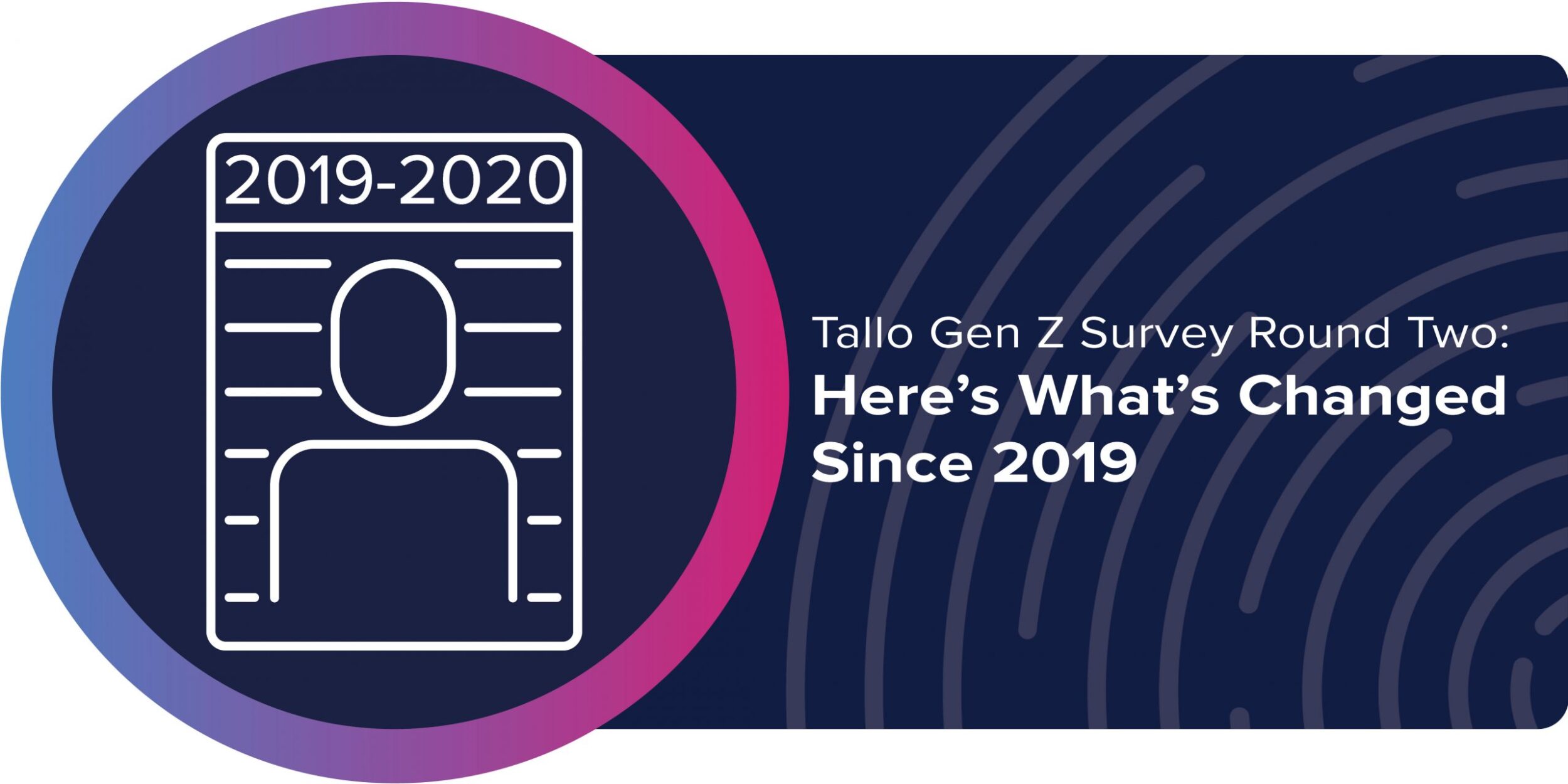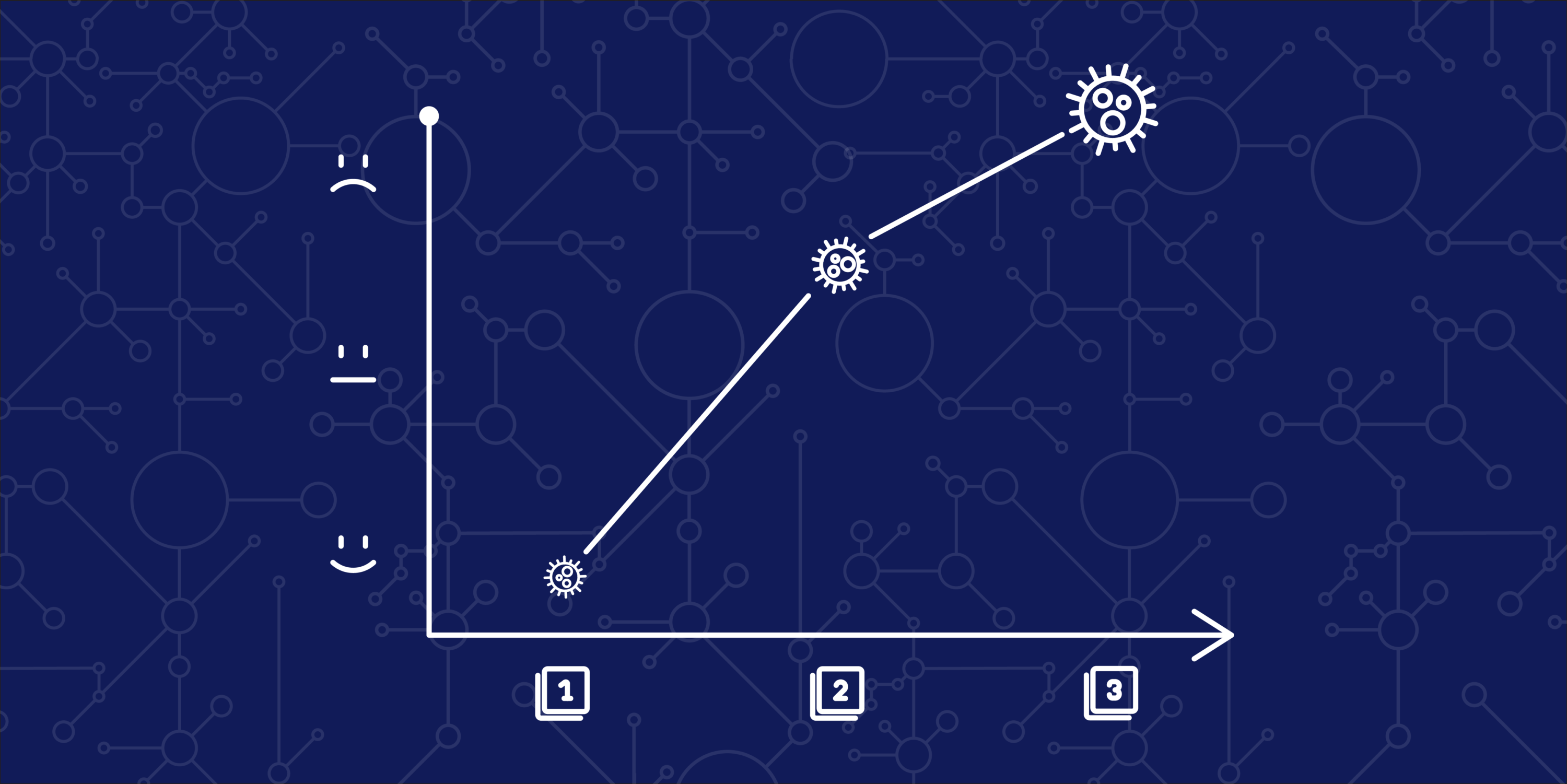As many parts of the world are facing their second waves of shutdowns the U.S. economy is bracing for potential impact. While certain industries like healthcare are still understaffed, 3.6 million people are still facing long-term unemployment (having been out of work for 27 weeks or more) due to the COVID-19 pandemic. So how are these economic shifts impacting the workforce’s youngest generation? We went straight to the source and surveyed over 1700 members of Generation Z on Tallo. They shared how their career paths have changed (from industry to location), their perception of the skills that will make them most successful, how they’d like to improve those skills, and how that all ties into the ever present concern of salary.
Is the pandemic impacting Gen Z’s Career Path?
For 35%, yes. More than one out of every three Gen Zers reported that they are reconsidering their career choice due to certain industries being negatively impacted by the COVID-19 pandemic. So, which industries are they turning to, and which ones are they turning away from? When given a list of the job areas that are likely to grow following the COVID-19 pandemic, the top two industries that Gen Zers are most interested in are 1) workforce safety and health, and 2) marketing sales, and content production. The growing industries at the bottom of their list included cloud computing and the Internet of Things (IoT). On the flip side, of the industries that have been hit the hardest by the pandemic, Gen Z respondents are least likely to consider pursuing a career in construction and restaurants/catering.
What’s more, the pandemic is also heavily impacting where Gen Z wants to pursue an employment opportunity. Forty percent of Gen Z respondents reported that the pandemic has made them less inclined to find a job outside of their hometown.
What skills do Gen Zers think will set them up for success?
The short answer is: soft skills. We asked Gen Z if they believe soft skills (such as critical thinking, analysis, problem solving, leadership, and communication) or hard skills (such as technical skills, computer skills, and marketing) are more critical for success in the current economy, and nearly three-quarters (74%) chose soft skills. Additionally, they also have a clear vision of what types of professional development programs they’d most like to participate in. We asked our Gen Z Tallo users about different types of reskilling and upskilling opportunities, including:
- Technical (science, technology, engineering, software development, and design);
- Leadership (communication, management, and critical thinking);
- Learning new languages; and
- Agile (collaboration, user experience, experimentation, and continuous learning).
Nearly half (43%) chose leadership skills as the reskilling/upskilling development program they are most interested in. Technical ranked second at 33%, agile third at 13%, and learning new languages fourth at 11%.
Once securing a job, how does Gen Z anticipate approaching salary?
Despite the uncertainty surrounding the job market, the economy, and career pathways, Gen Zers do have a strong grasp on salary expectations. Seventy-one percent of Gen Z respondents reported knowing the average starting salary for a role within their field of interest. Gen Zers are clearly getting an early start on thinking about their future salary, and they don’t appear to be shy about opening up those conversations. In fact, 65% would be comfortable discussing their salary with colleagues. What’s more, the vast majority of Gen Zers (73%) would also be comfortable negotiating their salary and asking for a raise within their first two years of employment.
Next Steps:
Interested in data that will help you better understand your future workforce? Tallo’s Perception Analysis provides insight into what is driving future talent so you can develop proactive engagement strategies and connect with Gen Z. Contact us to learn more.






